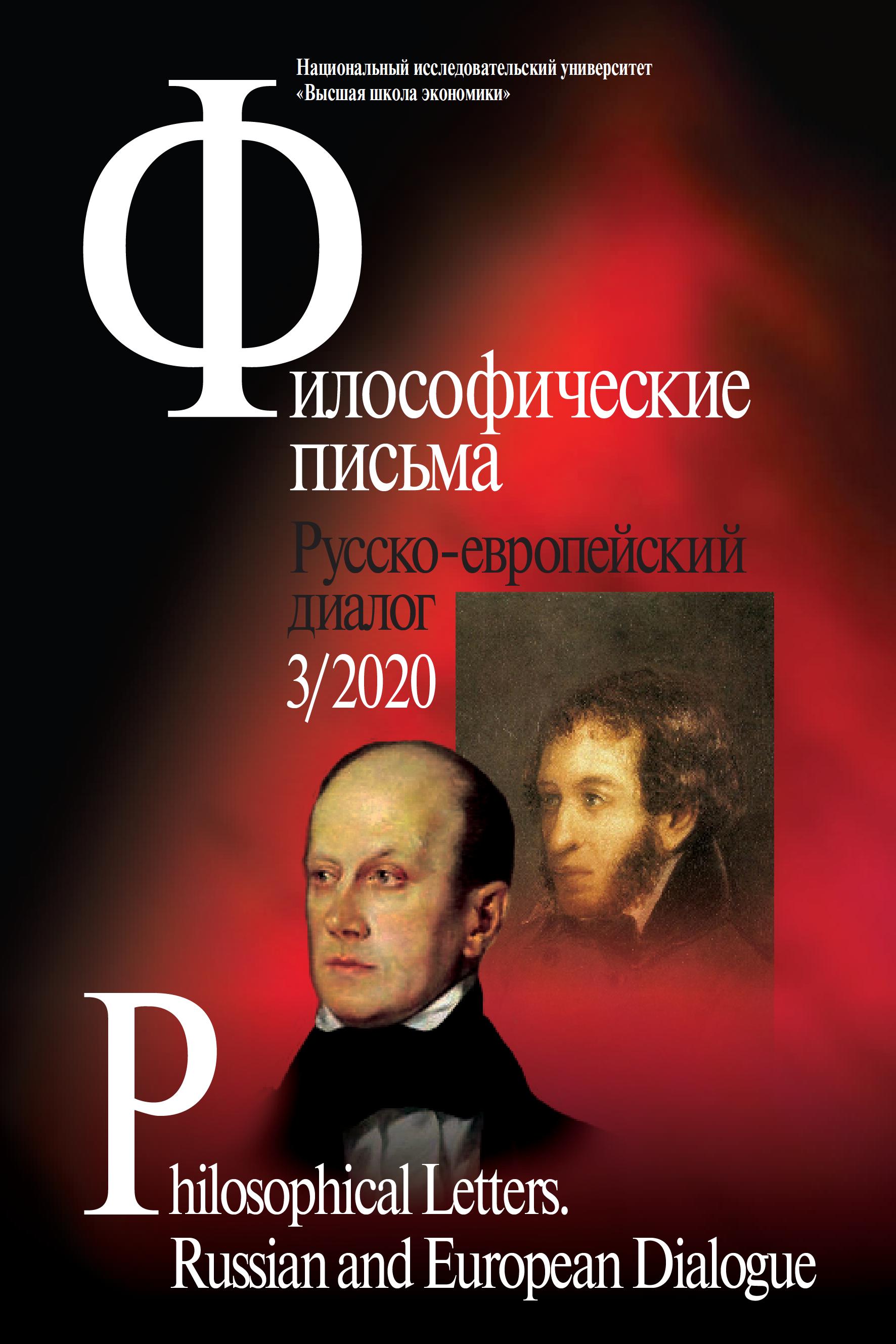"На поприще ума нельзя нам отступать". Кредо Пушкина
Аннотация
Рассматривается одна из серьезнейших проблем развития русской интеллектуальной культуры. Россия шагнула в высокую культуру, отставая на несколько столетий от Запада. Задача, поставленная Пушкиным перед Россией — в просвещении стать с веком наравне. Именно он впервые вводит Канта в сознание русского читателя.
По пушкинской логике, Россия уже равна Европе. Судить надо по вершинам духа. Наполеон, называя кремлевские храмы варварски-буддистскими, по сути выражал привычное отношение француза к России. Более того, Запад часто называл и называет русскую культуру внеличностной. Авторы, настаивавшие на «самобытности» России, укрепляли такие представления. Противопоставляя русскую особость европейской духовности, Толстой думал, что тем сам самым преодолевает Запад, выбирая путь отказа. В трактате «Что такое искусство?» к «рассудочным, выдуманным» он отнес «греческих трагиков, Данта, Тасса, Мильтона, Шекспира, Гете (почти всего подряд); из новых — Зола, Ибсена, музыку последнего периода Бетховена». Толстой уничижил европейских гениев, но также походя и наотмашь оклеветал Пушкина: памятник ему поставили как будто за то, что он затеял покушение на убийство другого человека и писал неприличные стихи. Словно не было «Полтавы», «Медного всадника», «Капитанской дочки», «Истории Пугачевского бунта», «Евгения Онегина». Вперекор ему — страстная, личностная, декартовская фраза Пушкина: «Я жить хочу, чтоб мыслить и страдать».
Автор делает вывод, что отступление на поприще ума чревато гибелью государства. Именно Пушкин, как отмечали послереволюционные русские мыслители-изгнанники, вслед за Ломоносовым и Державиным и в бесконечно большей степени, нежели они, продолжал дело европеизации России, дело Петра и Екатерины.

